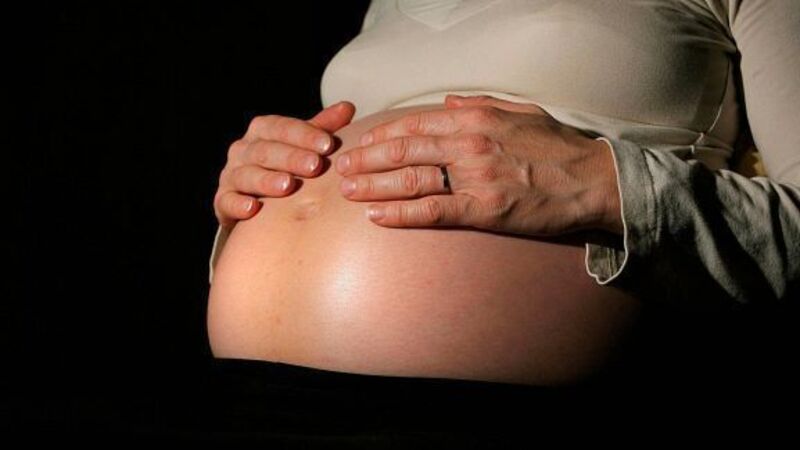One in 263 pregnant women has complication

Savita Halappanavar died at University Hospital Galway last October from septicaemia after being admitted to the hospital 17 weeks into her pregnancy.
However, the first Irish national audit on maternal complications in pregnancy showed, in 2011, there was a total of four cases of septicaemia.













